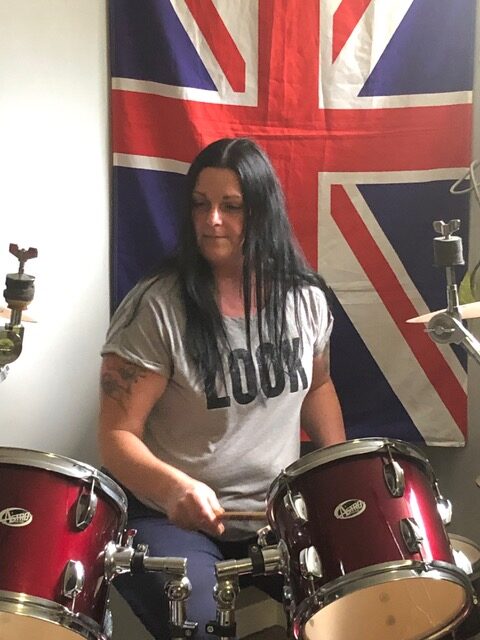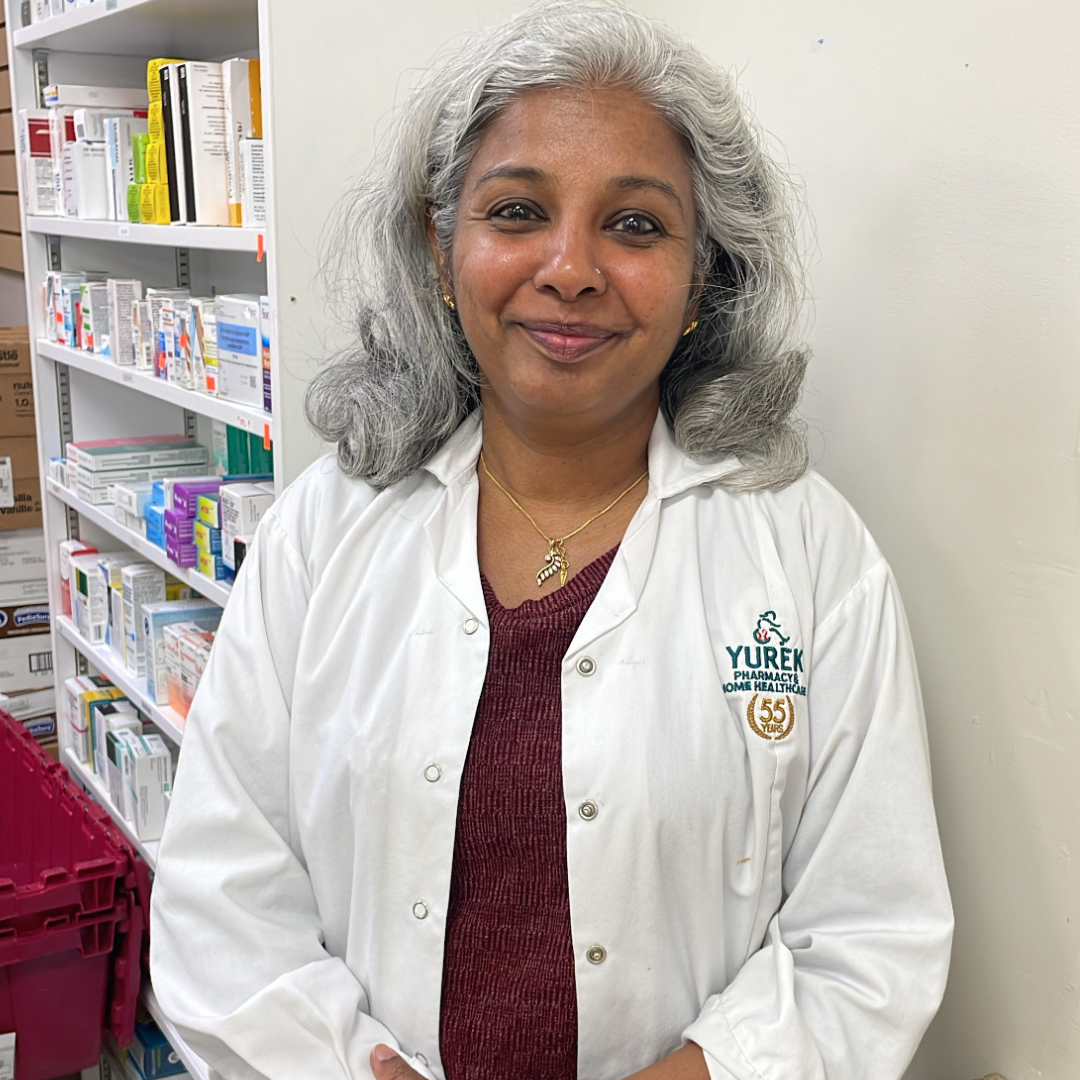By Melanie, our Dispensary Manager
You could say that music is part of our DNA. With the oldest known instrument (a bird wing flute) dating back 40,000 years, it’s clear that music has been an integral part of the human experience for a very long time. Whether at a stadium, a protest march, or a church, music unites us in a shared purpose and helps build group identity. By ourselves, music makes us feel better, mentally and physically. But how?
Music stimulates our brain, improving memory, attention, and problem-solving skills. It triggers the release of dopamine from our pleasure and reward centers and cortisol, a hormone that regulates our stress response. It also triggers serotonin, a neurotransmitter that elevates mood and decreases anxiety, and oxytocin (the “love hormone”) that helps us connect with others. That natural chemical concoction makes us calm, happy, and connected and works so well that music itself has become a therapy. Certified music therapists now use music to treat pain, clinical depression, anxiety, dementia, and even schizophrenia.
One 2021 study compiled and analyzed twenty years of music therapy research and concluded that music was effective as a treatment and that “future scholars could pay attention to the clinical significance of music therapy to improve the quality of life of people.”
Listening to music is entertaining, but it can also help us connect with others and is clinically proven to help us feel better, especially in the face of challenging mental and emotional disorders. For more information on music therapy, contact the Music Therapy Association of Ontario. We all need music in our lives. What’s on your playlist?








